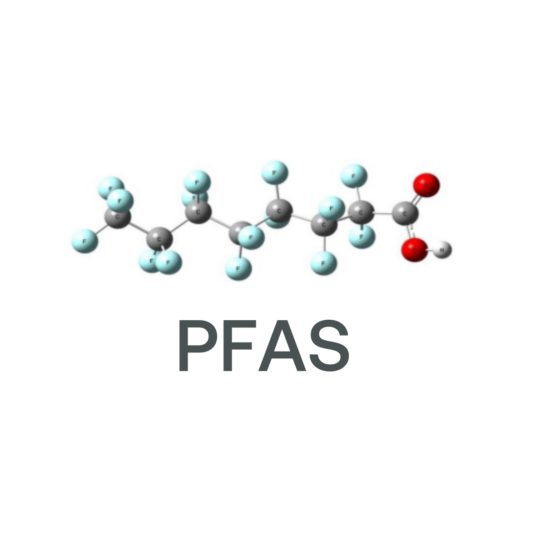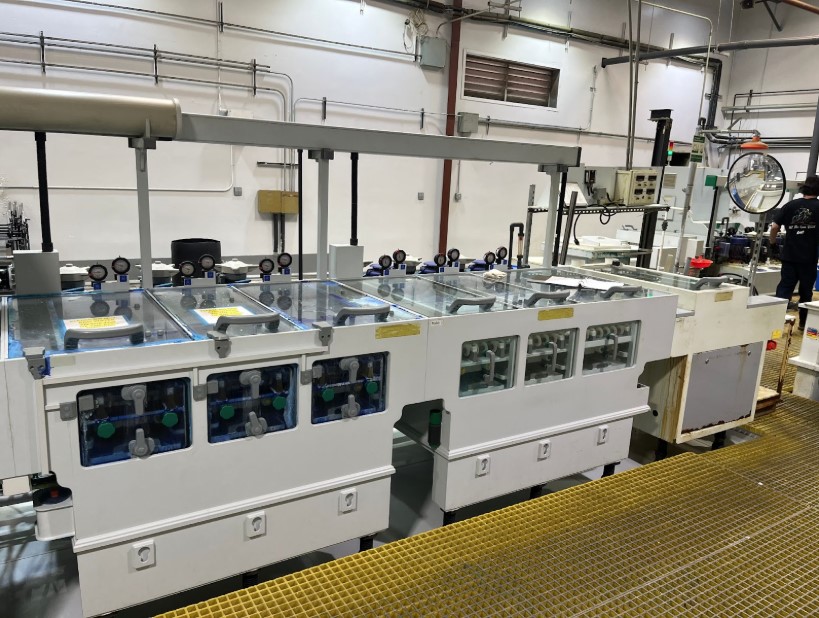The European Chemicals Agency (ECHA) is proposing a broad ban on perfluoroalkyl and polyfluoroalkyl substances (PFAS) and PFAS-containing products in the European Union (EU). This impending regulation could impact to the electronics manufacturing industry. To effectively advocate for the industry’s interests and secure exemptions during the policymaking window this summer, IPC, on behalf of its member-led Environment and Health Strategic Management Team, is asking for electronic and chemical manufacturers to fill out a survey, providing information on their use of PFAS. Fill out the survey.
The Impact of the PFAS Ban
PFAS are widely used in consumer, commercial, and industrial processes, and electronics manufacturers utilize them for their insulating properties, thermal resistance, low surface tension, and chemical resistance. However, due to concerns about their toxicity and persistence in the environment, the EU may ban thousands of PFAS, potentially disrupting the supply chain and electronics production.
The Need for Data
IPC needs data from manufacturers to provide policymakers with information on PFAS uses and recommended exemptions from the ban.
The ECHA Questionnaire
IPC is specifically looking for detailed data related to Question 6 from the ECHA questionnaire. This section focuses on missing uses of PFAS and requires information on key functionalities, affected companies, availability and feasibility of alternatives, R&D initiatives, substitution challenges, and potential socio-economic impacts.
Collaborative Effort
IPC is urging electronics manufacturers to collaborate with their supply chain partners to gather relevant data and insights on PFAS usage. By working together, the industry can present a comprehensive view, which may increase the likelihood of securing exemptions for crucial PFAS applications.
Next Steps
The deadline for providing information to ECHA is September 25, 2023. However, IPC is encouraging early submissions and is asking for completion of its questionnaire by Friday, August 4. Companies can either submit information directly to ECHA or share it with IPC.
Conclusion
To protect the electronics manufacturing industry’s interests, it is important that companies contribute detailed data and information to IPC during the consultation period. Together, we can make a strong case for the essential uses of PFAS and work towards securing exemptions that will protect the industry and the environment.
Additional Resources
IPC offers the following resources:



